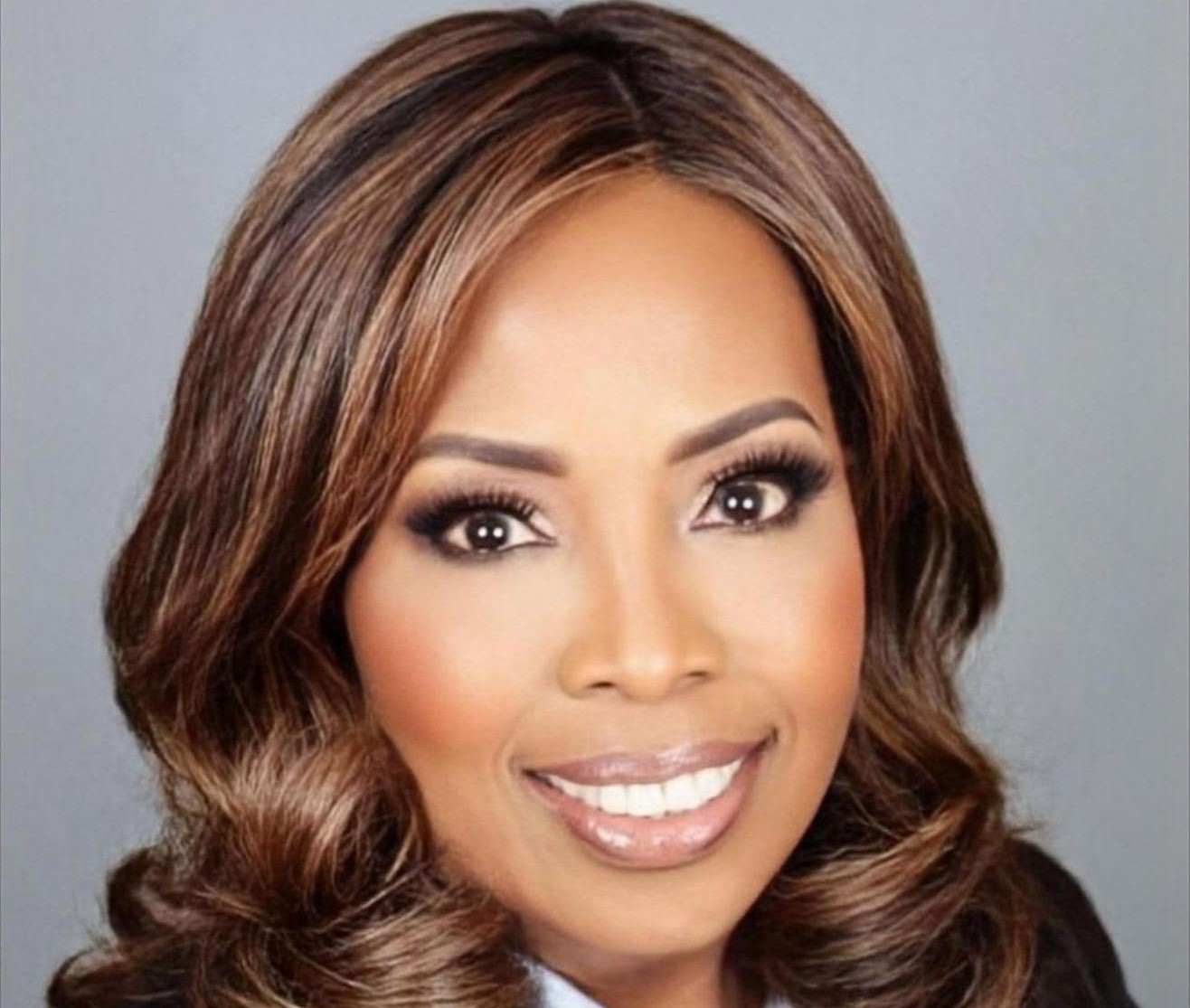She Was Discriminated Against as a Black Woman in Edtech. She Succeeded Anyway
INNOVATIVE LEADER AWARD WINNER - Lorrie Owens is the first female and still the only Black woman to lead the technology division of a county office of education in California. Here is her story.

Tools and ideas to transform education. Sign up below.
You are now subscribed
Your newsletter sign-up was successful
During her career as a pioneering school leader in edtech, Lorrie Owens has encountered racism and sexism.
Sometimes it has been subtle things such as mansplaining. “I've had some of my subordinates trying to explain technical terms to me in very elementary terms,” says Owens, who has been the Chief Technology Officer for the San Mateo County Office of Education since 2004.
In other instances, the discrimination has been more overt. “I've had vendors who refuse to talk to me but they talk to my male subordinates,” Owens says. “It's just a plethora of things that made me feel unwelcome and it's mostly because of my gender. Though I have had on certain occasions people, usually vendors who have been a little standoffish or worse, and I can tell that it was because I am Black.”
Throughout it all, Owens persevered and the micro and macro aggressions she’s endured have decreased, though not disappeared.
Along the way, Owens has worked to make edtech a more inclusive space for staff and students. She is the first female, and still the only Black woman, to lead the technology division of a county office of education in California. She serves on the CoSN DEI committee and is a civil rights advocate who is constantly fighting for the disenfranchised. For these efforts she was awarded Best Example of Providing Equity & Access at a recent Tech & Learning Regional Leadership Summit in California.
Owens’ Advice to Women and People of Color in EdTech
“As hard as it is to not take it personally, don't take it personally,” Owens says. “I did for many years, and all it does is eat at you. It really is a matter of the ignorance, or maybe ignorance is a harsh word, but the conditioning of the person that you're interacting with.”
However, not taking it personally doesn’t mean letting bias go unchecked. “You don't let it slide,” she says. “I call it out but I try to do it in a way that doesn't make the person defensive and makes them aware. In some cases, people are doing it on purpose and, they just don't like you because of your gender, your race, or whatever, and that's just who they are. But in many cases, they're not aware of what they're doing.”
Tools and ideas to transform education. Sign up below.
The K12 leaders who have displayed bias or inappropriate behavior that Owens has encountered usually didn't mean to be offensive. “What I found is that most people, when they are made aware, they will stop those behaviors,” she says.
What School Leaders Can Do to Support DEI
K12 leaders should be aware of the inherent biases that they themselves have. “Most people still have an unconscious bias that the most technically competent people are male and are either white or Asian,” Owens says.
Being aware of this potential for bias in themselves can help leaders begin to address them and treat employees more fairly. Owens says school leaders need to make sure that when they are interacting with or evaluating, or engaging, a person of color or with a woman, that they do it strictly on merit, strictly on what that person brings, what their qualifications are, and not on any preconceived notions.
Owens also advises women and people of color working in technology to interact with students and model careers in edtech. “I strongly believe that you can't be it if you can't see it,” Owens says. “There are a lot of young very talented young people who could do very well in this profession. But if you ask the average young person, say in elementary, middle, or even in some cases high school, have you thought about the Chief Technology Officer, Chief Information Officer, or pursuing a leadership role in technology? Many of them haven't thought about it because they don't see it.”
- 5 Ways Educator Pathways is Promoting DEI in San Diego County
- The Admiral Squad: How One School District Promotes Staff Diversity
To share your feedback and ideas on this article, consider joining our Tech & Learning online community here
Erik Ofgang is a Tech & Learning contributor. A journalist, author and educator, his work has appeared in The New York Times, the Washington Post, the Smithsonian, The Atlantic, and Associated Press. He currently teaches at Western Connecticut State University’s MFA program. While a staff writer at Connecticut Magazine he won a Society of Professional Journalism Award for his education reporting. He is interested in how humans learn and how technology can make that more effective.

